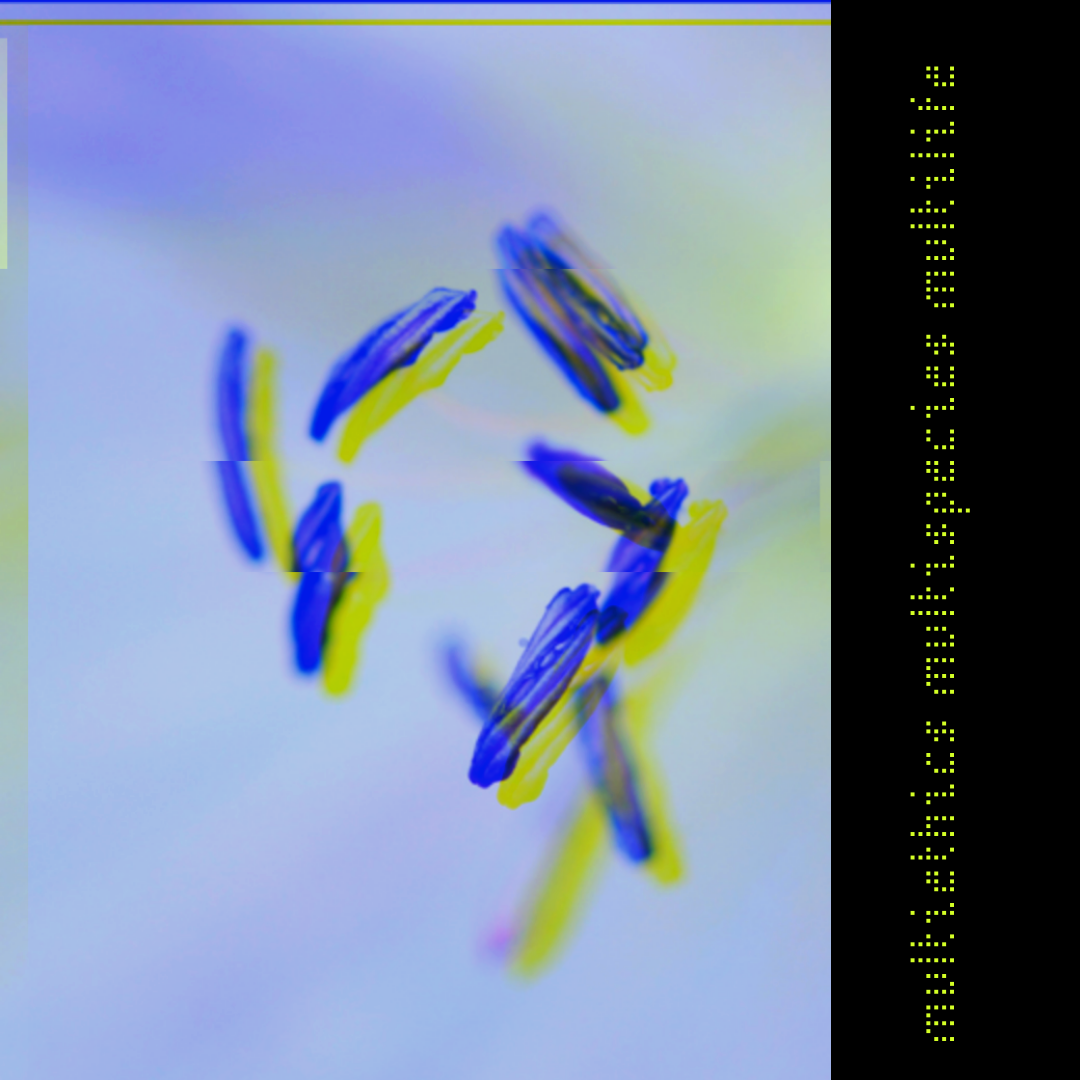
Andrew McCall
Artist Statement: Talking & Listening to Plants
It seems like plants have always surrounded me. Going through the three or four photo albums my father saved when he left our abandoned house, I found pictures of me under a deep tomato canopy, the plants towering over my three-year-old head. Once my grandfather from the Philippines came to visit; he and my father built a plant stand on which he could grow African Violets. He slowly added other plants, some even grown from leaves pinched off living specimens at the Missouri Botanical Garden in St. Louis. I remember the magic of seeing a leaf sprout roots in a Gerber baby food jar and wondering if I, too, could work those spells someday.
I later studied botany and plant ecology and learned how our green world evolved from small but mighty ancestors - another kind of transformation, but on a much grander scale. It wasn’t long before I was doing experiments all the time -- seeing if plants could talk to each other through the air (they can!) or finding out what types of flowers bees like the most. I couldn’t believe I could make a living doing this work!
Although I love greenhouse science, I was made for fieldwork. Sometimes my students and I plant many thousands of seeds and have to track their growth over several years. It is tedious work, but I’ve grown to appreciate the meditative aspects of observing, measuring, counting, and moving on to the next plant without any expectations. You get to know individual plants and sometimes feel very protective of the ones that struggle, despite science’s reputation as an objective endeavor. I’ve learned that it is impossible to completely detach yourself from the work -- it’s human to be human, and that’s a good thing. I like to think that my poetry somehow bridges the subject-object divide that keeps us from connecting with other beings, especially now as we stare at our screens and dream of others.
Andrew McCall teaches ecology and botany at Denison University in Granville Ohio. He enjoys running field projects with students in the nearby fields and woods and is constantly puzzled by nature. Some of his work can be found in Canary, 2River View, and The Lascaux Review.

